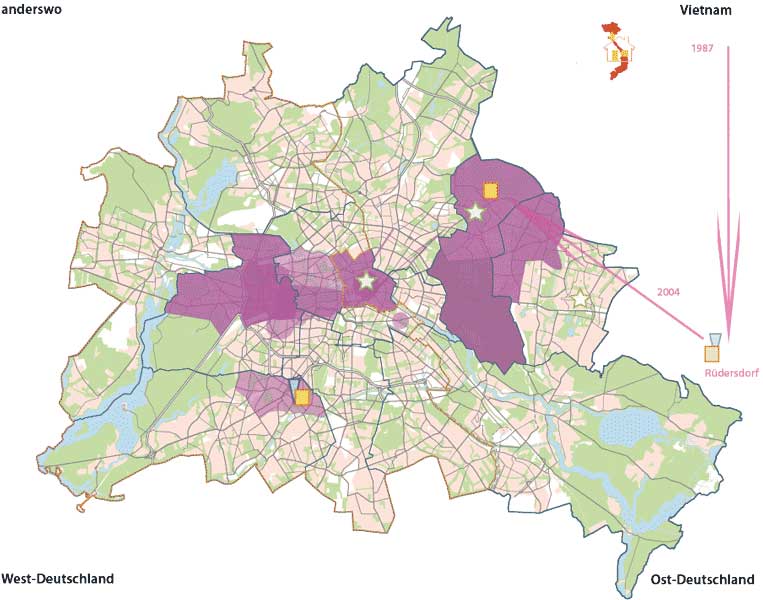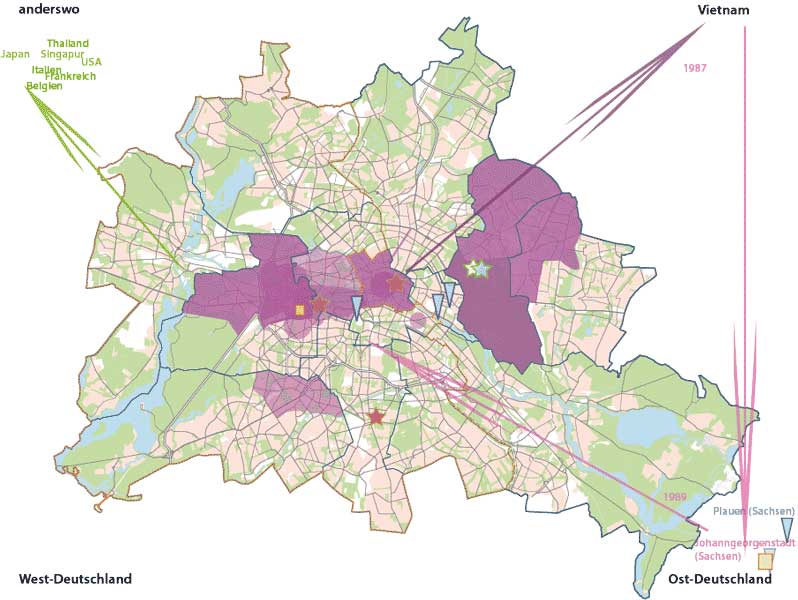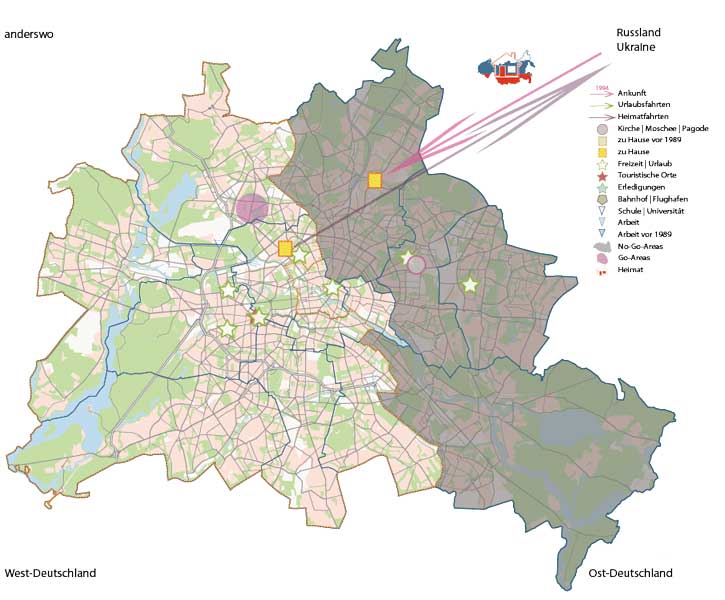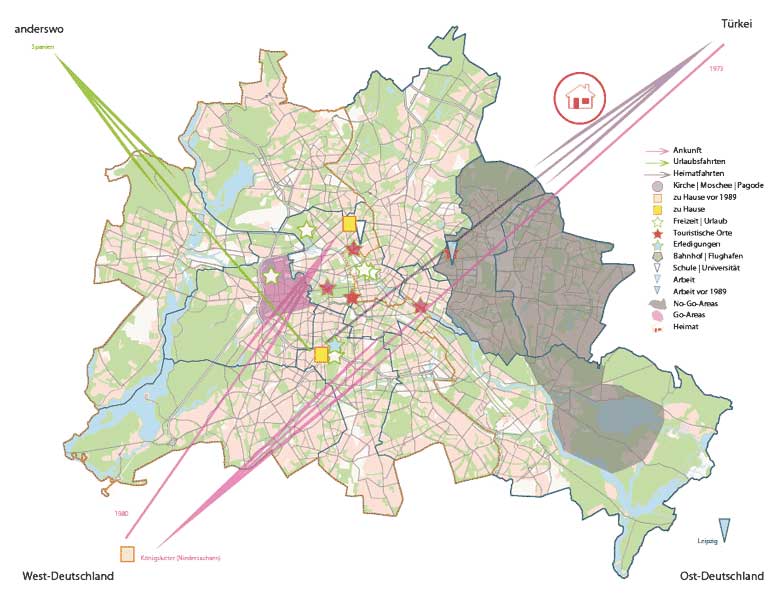REGArding the concept of typology by Stefanie Bürkle
Originally, the term “topology” originates from mathematics. However, in the context of placemaking, it interests us primarily as a philosophical discipline, as a theory of places and fields. Depending on its manifestation, it can be seen as a subfield of philosophical metaphysics and phenomenology. Especially since the “spatial turn” in the humanities, the consideration of categories such as place, field, and space in philosophy has experienced a renaissance. This also establishes a connection to Japanese philosophy, in which the concept of place or field (basho/ba) has played a central role since the early 20th century. The term used there, “bashoron” (the study of place), refers to this kind of philosophical topology.
“The thinking in terms of fields requires a reversal of the entire everyday view of the social world, which is exclusively based on visible things… In fact, just as the Newtonian theory of gravity could only be developed by breaking with Cartesian realism, which recognized no other mode of physical action than impact, direct contact, the field concept also presupposes a break with the realistic notion that reduces the effect of the milieu to that of direct action taking place in an interaction.” [Bourdieu]
Precisely because, for Bourdieu, the field cannot be reduced to the interactions taking place within it, he demands that the field be considered as its own operative force and placed “at the center of research operations.” With this demand, Bourdieu aligns himself with the sociological effort to further develop a topical understanding of space.
The mappings from the placemaking project depict paths and places derived from the migration biographies of the interview participants.



